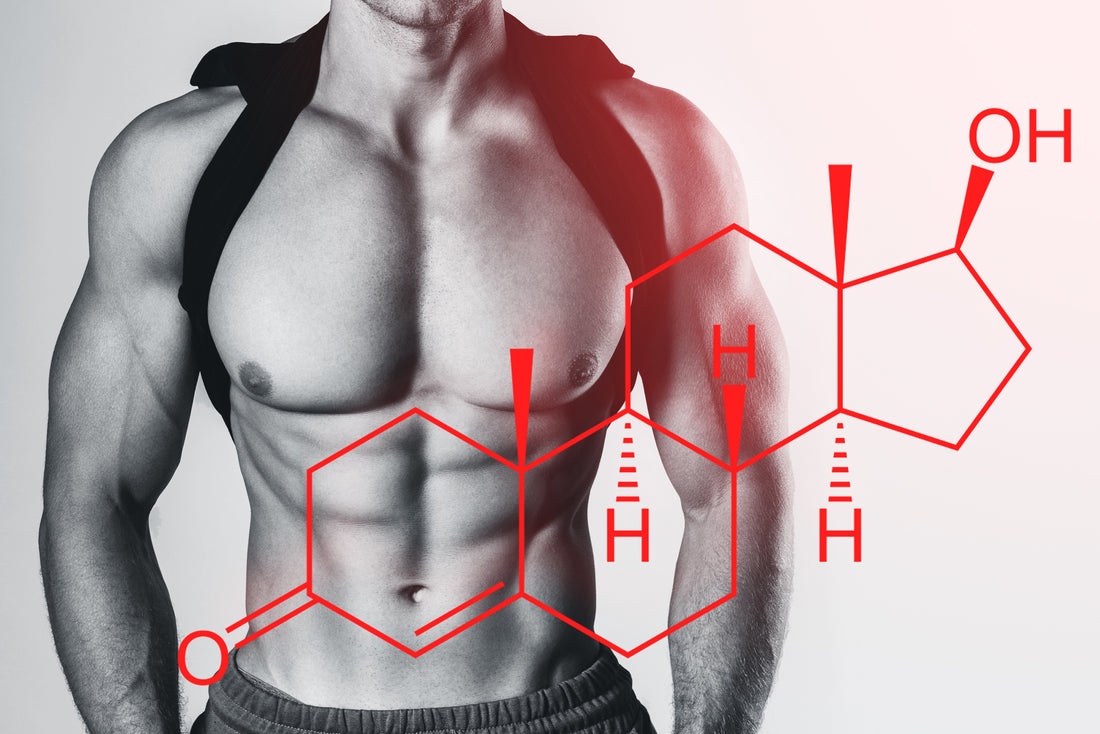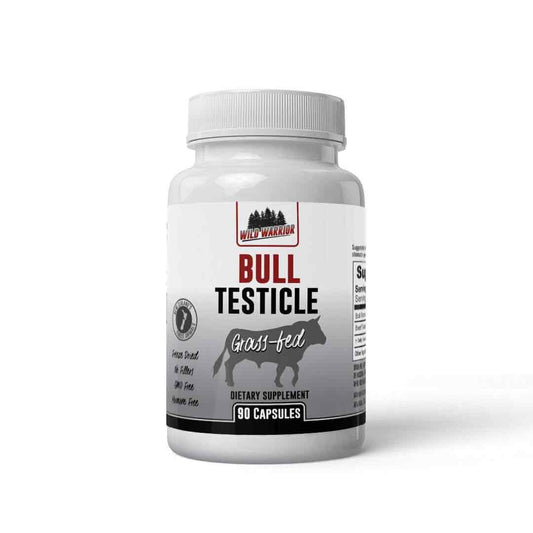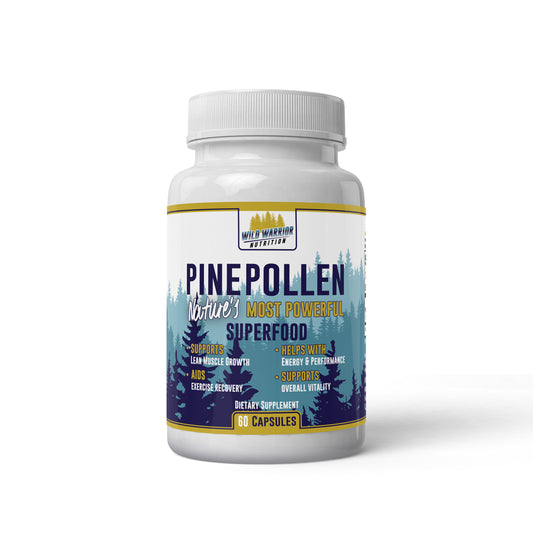High cholesterol and low testosterone are two health conditions that many men struggle with. Both of these conditions can lead to serious health consequences, including bone and muscle loss, sexual dysfunction, and an increase risk of heart disease.
There are a number of factors that contribute to high cholesterol and low testosterone, but could the two be related and/or a cause of one another?
Research from 2015 suggests that as testosterone increases, total cholesterol decreases, and that low testosterone may actually contribute to an elevation of cholesterol and an increase risk of heart disease.

What is Cholesterol?
Cholesterol is a type of fat found in your blood and most of it is made by your liver. Cholesterol can also come from your diet, though this is the minority.
High Cholesterol, when combined with other risk factors, can put you at risk for developing heart disease. Medication is often prescribed, along with lifestyle changes to help mitigate the impact of high cholesterol levels.
While more research is still needed on the connection between cholesterol and testosterone, studies are finding that low testosterone may be correlated or contribute to high cholesterol levels.
Testosterone and Cholesterol - 2015 Meta-Analysis
The following is an excerpt from a 2015 meta-analysis looking at recent peer-reviewed studies on this topic. To read the full scope and details of this research, please click here.
"...ongoing research efforts have been invested in better understanding the mechanisms by which T may influence cardiovascular health. Specifically, the effects of T on plasma lipids have been a focus of attention.
Lower endogenous T levels are associated with a proatherogenic lipid profile and a positive correlation exists between HDL-c and circulating T concentrations, as seen in multiple studies including the San Antonito Heart study [36], the Tromso study [37], the Turku Male Aging study [38], the Rancho Bernardo study [39], MRFIT [40] and a study from Ghent, Belgium [41].
Most of these studies have also demonstrated an inverse relationship between T levels and both plasma triglycerides [32–34,36] and total cholesterol [32,34]...In the Study of Health in Pomerania, Haring et al. [43] examined the relationship between T levels and lipids, both at baseline and prospectively over 5 years. They divided studied men into quartiles of T levels and noted that the lowest quartile of men had higher total cholesterol and triglyceride levels in both cross-sectional and longitudinal analyses. The lowest quartile was also at higher risk for incident dyslipidemia, with a stronger effect noted in younger men (20–39 years age). However, the authors did not observe an association between T concentrations and HDL-c or LDL-c levels.
While in another study by Canoy et al. [44] again no association was noted between T concentrations and HDL-c in young men, they did, however, note a positive correlation between total T concentrations controlled for sex hormone binding globulin and total cholesterol, LDL-c and triglycerides. However, in an analysis in older men from the Framingham heart study [45], no association between plasma lipids and T concentrations was observed. Interestingly, these authors reported that when T concentrations were tracked over time, a greater decline was evident among men with multiple CVD risk factors than men without risk factors, with T levels in some subjects reaching the hypogonadal range. These findings again support the possibility that lower T concentrations may be a reflection rather than a cause of ill health."
Again, though findings illustrate that low testosterone may be a contributing factor to heart disease risk, more research is needed to understand if low testosterone is a primary contributor or cause of elevated cholesterol levels in some men.
If you are struggling with high cholesterol, low testosterone, or both, we highly recommend you seek the help of a licensed physician to develop a suitable plan for you.
Nothing in this post should be seen as a recommendation and is provided strictly for entertainment and educational purposes only.
Resources:
Thirumalai A, Rubinow KB, Page ST. An update on testosterone, HDL and cardiovascular risk in men. Clin Lipidol. 2015;10(3):251-258. doi: 10.2217/clp.15.10. PMID: 26257830; PMCID: PMC4527564.





